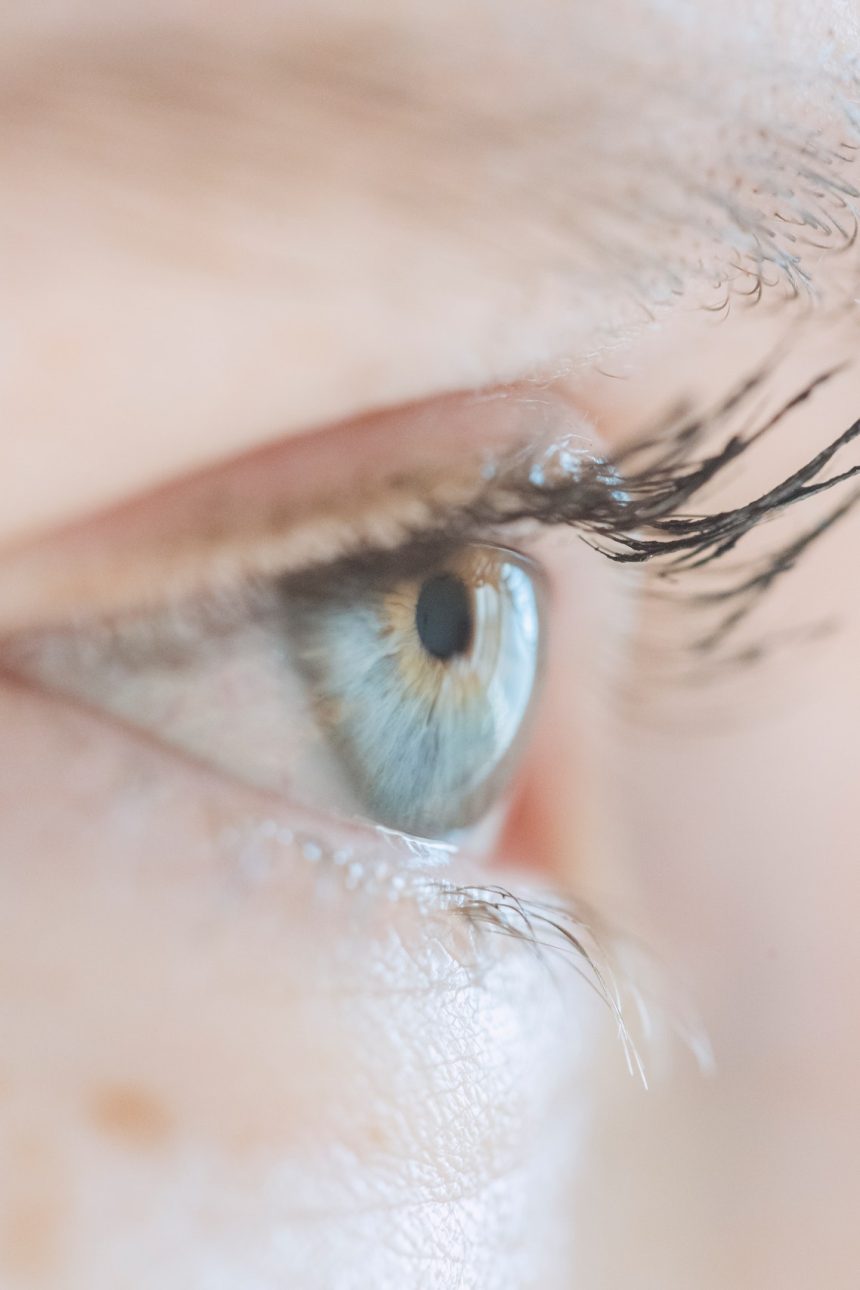Our eyes are one of our most important organs, allowing us to see the world and interpret what we are experiencing. Unfortunately, many of us take them for granted, often exposing them to all kinds of risks that can lead to eye diseases. From eye strain due to long hours spent in front of a computer, to complications from contact lenses, there are countless ways we can unknowingly put our vision at risk.
Fortunately, there are some simple steps we can all take to ensure that our eyes stay healthy and protected. In this blog post, we will discuss the best ways to prevent eye disease and how you can keep your vision in top shape for years to come!
Visit our page to check some facts about Eyes: celebrities with sanpaku eyes
The top 3 eye diseases
There are many different eye diseases that can affect people of all ages, but some are more common than others. Here are the three most common eye diseases and what you can do to prevent them:
1. Age-related Macular Degeneration (AMD): This is the leading cause of blindness in adults over the age of 50. AMD occurs when the central part of the retina, called the macula, deteriorates. There are two types of AMD – dry and wet. Dry AMD is the most common type and progresses slowly, while wet AMD is less common but can lead to rapid vision loss.
There is no cure for AMD, but there are treatments available that can slow its progression and help preserve vision. These include lifestyle changes (such as quitting smoking), nutritional supplements, and medications.
2. Cataracts: A cataract is a clouding of the eye’s lens, which leads to blurred vision. Cataracts usually develop slowly and painlessly over time. They are most commonly seen in older adults, although they can occur at any age.
Cataracts can be treated with surgery, which involves replacing the cloudy lens with a clear artificial one. In most cases, this procedure is successful in restoring clear vision.
3. Glaucoma: Glaucoma is a group of eye disorders that damage the optic nerve – the nerve that carries information from the eye to the brain.
How to prevent them with lifestyle changes
One of the best ways to prevent eye disease is to make lifestyle changes that will help keep your eyes healthy. Some lifestyle changes that can help prevent eye disease include:
-eating a healthy diet that is rich in vitamins and antioxidants
-exercising regularly
-not smoking
-wearing sunglasses or hats when outdoors
-using safety glasses or goggles when working with hazardous materials
Making these simple lifestyle changes can go a long way in preventing eye disease.
Foods to eat for healthy eyes
When it comes to eye health, what you eat is just as important as what you don’t. Incorporating these foods into your diet will help keep your eyes healthy and prevent disease.
-Fish: Fish is a great source of omega-3 fatty acids, which are essential for eye health. Fatty acids help reduce inflammation and protect the delicate tissues in your eyes. Include fish like salmon, tuna, and sardines in your diet several times a week.
-Leafy greens: Leafy greens like spinach and kale are packed with vitamins A, C, and E, all of which are crucial for eye health. Vitamin A helps to prevent night blindness and dry eyes, while vitamin C protects against cataracts. Eat a couple servings of leafy greens every day.
-Eggs: Eggs are another good source of omega-3 fatty acids as well as lutein and zeaxanthin, two nutrients that have been shown to reduce the risk of age-related macular degeneration. Eat eggs regularly as part of a healthy diet.
-Nuts: Nuts are a good source of vitamin E, which helps to protect against cataracts and other age-related eye problems. Almonds, hazelnuts, and peanuts are all excellent choices. Include a handful of nuts in your diet every day.
You know about a trending category of eyes. If not then click here to know some famous please people’s eyes stories: Celebrities with Sanpaku Eyes
Vitamins and supplements for eye health
There are a number of vitamins and supplements that can help promote eye health and prevent eye disease. Vitamin A is essential for vision and helps to protect the surface of the eye. Vitamin C is a powerful antioxidant that can help to protect the eyes from damage caused by free radicals. Vitamin E is also an antioxidant and can help to prevent cataracts.
omega-3 fatty acids are important for maintaining healthy eyesight. These fats can be found in fish oil supplements or in foods such as salmon, tuna, and trout. Other good sources of omega-3 fatty acids include flaxseed oil, hemp seed oil, and chia seeds.
Antioxidants such as lutein and zeaxanthin can also help to protect the eyes from damage caused by ultraviolet light exposure. These nutrients are found in leafy green vegetables, eggs, and certain types of seafood.
When to see an eye doctor
If you have any concerns about your vision or the health of your eyes, it is always best to consult with an eye doctor. Some signs that you may need to see an eye doctor include:
-Eye pain
-Blurry vision
– seeing spots or floaters
-Difficulty seeing at night
-Red, irritated eyes
-Sudden onset of visual problems
If you experience any of these symptoms, make an appointment to see an eye doctor as soon as possible.
Conclusion
All in all, there are many ways to help prevent the onset of eye disease. Eating a healthy diet with plenty of fruits and vegetables is key for maintaining good eye health. Additionally, you should wear protective eyewear when outdoors and make sure that your glasses or contact lenses prescription is up-to-date. Finally, regular checkups from an optometrist can help detect signs of eye diseases at an early stage which may be treatable if identified promptly. Taking these small steps can go a long way towards preventing serious eye diseases down the line.












